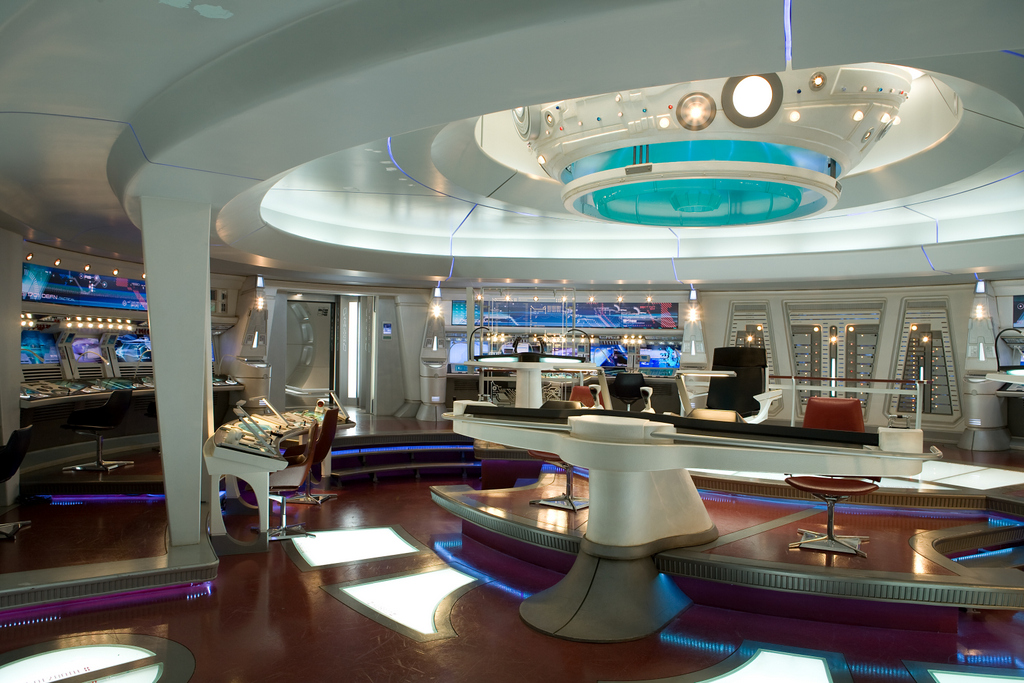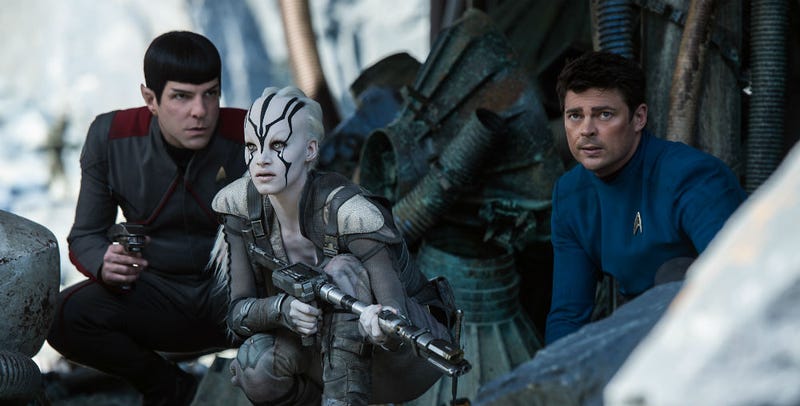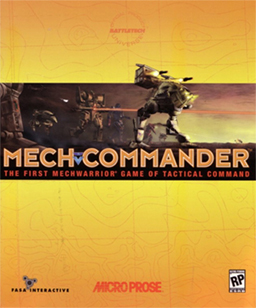Going into a film with an open mind is sometimes difficult.
With the media hype machine being what it is and the slew of viewer scores and
opinions one can find online, being purely objective is nigh on impossible.
What you can do though, is make a conscious effort to filter it all out and
give whatever it is you’re watching a super large benefit of the doubt. Which
is exactly what I did with the rebooted Hellboy when I rented it the other
night. I willed myself into a state of ready acceptance, blocking out the
critic reviews I’d already seen and the trailer that had underwhelmed, to
achieve a near zen like peace.
 Then, I sat back and discovered that it is possible to feel
ripped off at only £1.99. It must be said that I am a fan of Ron Perlman’s
Hellboy and that the meditation I underwent before hitting play was, in no
small part, to give David Harbour a fair shake. This, however, proved
unnecessary. Not because he was miscast, his voice and general temperament
actually supporting his inclusion, but because with direction and
writing this woeful they could have brought in the actual Devil and it would
have been all for nought.
Then, I sat back and discovered that it is possible to feel
ripped off at only £1.99. It must be said that I am a fan of Ron Perlman’s
Hellboy and that the meditation I underwent before hitting play was, in no
small part, to give David Harbour a fair shake. This, however, proved
unnecessary. Not because he was miscast, his voice and general temperament
actually supporting his inclusion, but because with direction and
writing this woeful they could have brought in the actual Devil and it would
have been all for nought.
Neil Marshal is best known for his low budget horror film Dog
Soldiers, bouldering with monsters, The Descent and, if you’re me,
post-apocalyptic cheese fest, Doomsday. He’s never really broken out
into mainstream Hollywood and has made his name more recently directing various
episodes of shows such as Westworld and Game of Thrones. On the
face of it, with a relatively small budget of 50 million dollars and what is a
monster property to boot, he seems like a good choice to blend the comic book
world with that of cult success. What we get instead is a smattering of
passable action sequences, some genuinely interesting creatures and cinematography
and a storyline so botched and rushed it will give you whiplash.
Many of these narrative problems stem from Summit
Entertainment’s deranged notion of creating their own cinematic universe, with
a further five films originally planned to spin off from the many poorly
fleshed out sub plots Hellboy introduces over its two-hour run-time. Corporate
greed once again trumping the business of making a good, standalone movie. *Cough*,
Joker. The fact that Marvel has been the only success in this area has never
deterred the financial adventurism of other and arguably lesser mortals. The
film, therefore, has the unfortunate feeling of being simultaneously overlong
while also underdeveloped.
The cast, meanwhile, is a decidedly mixed bag. As already
mentioned, David Harbour was a fine choice to take on the role of hell’s
greatest hero, but some others were distinctly lacking. Most notably Daniel Dae
Kim as Major Ben Daimio and Sasha Lane as Alice Monaghan. I can’t tell you
whether their characters are true to the source material, rather what I can
tell you is that both American actors put on the worst English accents I have
ever heard. It really does border on parody more than once and puts the final
nail in any hope of a successful group dynamic. Thankfully, Mila Jovovich is in
her element as Nimue, the wicked Blood Queen but due to deficiencies in the
writing is criminally underused and can only provide light relief. Similarly,
Ian McShane delivers a spirited, if oddly characterised performance as Hellboy’s
adopted father. Where John Hurt of the original was nurturing and patient,
McShane is biting and sarcastic, creating an adversarial relationship which
fails to engage or be borne out by the finale.
 |
| Albeit, a very pretty lady. |
“Could you Google translate that for me?” in response to some magic gobbledegook.
“We make sure she doesn’t come back for the sequel,” when discussing what to do about the bad guy.
“Why does this book have so many words in it?” Need I say more?
All in all, not the best and surprisingly, not the product of a bloated team of staff writers. One mind was this bad all by itself.
Between the breakneck pace of the story, the shoddy writing
and lazy direction, there is very little to recommend the new Hellboy. It doesn’t
surpass it predecessors, other than perhaps in the CGI department and falls
flat more often than not. It’s sense of humour is juvenile, its plot
predictable and teaser ending, laughably optimistic. If there was any love in
the film’s production, it was clearly buried under poor financial decisions and
worst of all, has likely destroyed any hopes of seeing the former cast ever reprise
their roles. A sin for which there can be no forgiveness.


































